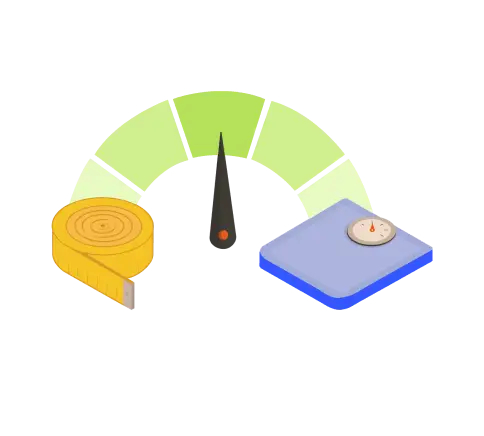
Body mass index (BMI) is a measure of your weight relative to your height.
For adults aged 20 and older, BMI falls into one of four categories:
Special Considerations for Asian Populations:
Individuals of Asian descent may have greater health risks at a lower BMI. They may be considered overweight with a BMI between 23 and 25, and obese with a BMI of 25 or higher.
BMI for Children and Teens:
For those under 20, BMI is measured differently, using percentile rankings based on age and sex. This accounts for differences in body fat between boys and girls as they grow. The categories are:
What Does My BMI Measurement Not Tell Me?
BMI is a useful screening tool but does not directly measure body fat. Here are some key factors it doesn’t account for:
How to Use Your BMI Range
Your BMI range helps identify if you’re in a particular weight category, which can indicate potential health risks. However, BMI alone doesn’t define whether you’re healthy. Discuss your BMI with your doctor to understand its implications and how it fits into your overall health picture.
Glossary:
Understanding your BMI is a step toward managing your health. Always consult with healthcare professionals for a complete assessment.
©2024. Health Topics. All Rights Reserved.